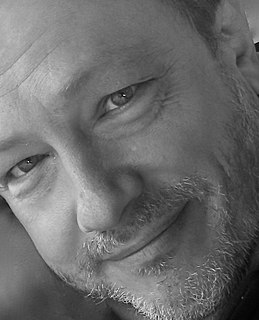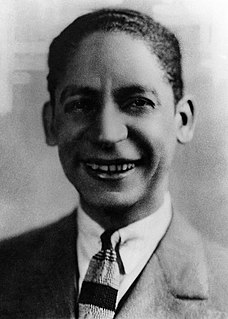Top 1200 Writing Style Quotes & Sayings
Explore popular Writing Style quotes.
Last updated on April 16, 2025.
Writing style is something is a consequence of who you are. I think that I had a certain propensity for a style that I recognize in my early work, but that doesn't mean I didn't have to learn certain basics and the longer you write the better you get. The rhythms come from you. If the rhythm seem to echo the music, then that's delightful if people see that, but it's certainly not something that's intentional on my part. I'm trying to be as clear and precise as I can be and at the same time, I'm trying to be eloquent and witty and entertaining. I mean, writing should be a pleasure.
If anyone is unwilling to descend into himself, because this is too painful, he will remain superficial in his writing. . . If I perform to myself, then it’s this that the style expresses. And then the style cannot be my own. If you are unwilling to know what you are, your writing is a form of deceit.
Underneath all his writing there is the settled determination to use certain words, to take certain attitudes, to produce a certain atmosphere; what he is seeing or thinking or feeling has hardly any influence on the way he writes. The reader can reply, ironically, "That's what it means to have a style"; but few people have so much of one, or one so obdurate that you can say of it, "It is a style that no subject can change.
You've got to be a good reader. So whatever genre that you're interested in, read a lot of books about it and it's better than any kind of writing class you'll ever take. You will absorb techniques and then in a lot of cases you can just start writing using the style of the book or the author that you admire and then your own style will emerge out of that. Be a diligent reader and then try to write seriously, professionally and approach everything in writing in a professional way.
You must find some way to elevate your act of writing into an entertainment. Usually this means giving the reader an enjoyable surprise. Any number of devices will do the job.... These seeming amusements in fact become your 'style.' When we say we like the style of certain writers, what we mean is that we like their personality as they express it on paper.
I don't believe, in the end, that there is any such thing as no style. Even a very neutral, plain style, one that doesn't use colloquialisms, lyrical flourishes, heavy supplies of metaphor, etc., is a style, and it becomes a writer's characteristic style just as much as a thicker, richer deployment of idiom and vocabulary.
And so with Hemingway's writing, he famously wrote to one of his publishers - he said, you don't need a high school education to enjoy my writing. And it's going to titillate the masses. I mean, anybody can relate to it, but the style is so revolutionary that it will titillate highbrow critics, which it did.
I changed my writing style deliberately. My first two novels were written in a very self-consciously literary way. After I embraced gay subject matter, which was then new, I didn't want to stand in its way. I wanted to make the style as transparent as possible so I could get on with it and tell the story, which was inherently interesting.
In description we hear and feel the absorption of the author in the material. We sense the presence of the creator of the scene. .. This personal absorption is what we mean by 'style.' It is strange that we would choose so oddly surfacey a word - style - for this most soulful aspect of writing. We could, perhaps more exactly, call this relation between consciousness and its subject 'integrity.' What else is the articulation of perception?

























































